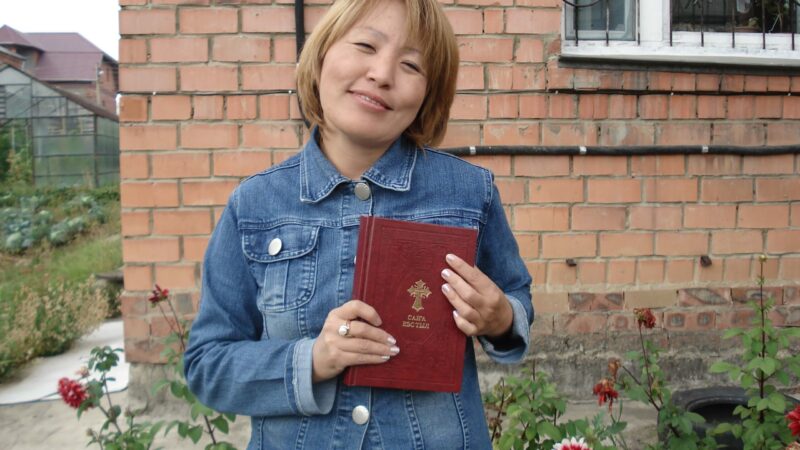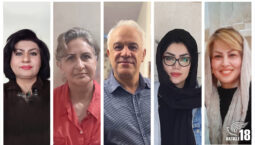Bible smuggling and translation

Language and culture are closely linked to understanding the message of the Bible. That's why a translation of the Bible in the mother tongue is important for Christians under pressure, so that they can be built up and strengthened in their faith through daily reading of the Bible in their heart language. Moreover, new Christians can be anchored in the message of the Bible.
During the Cold War, parts of the Bible were translated into minority languages in the former Soviet Union in collaboration with the Institute for Bible Translation in Stockholm (IfB), which the Danish European Mission founded in 1973 in collaboration with Ljus i Öster in Sweden and Misjon bak Jernteppet in Norway.
During the Cold War, Danish European Mission donors supported the translation and publication of the Bible in the following languages spoken by predominantly Muslim communities: Kyrgyz, Tajik, Turkmen (New Testament, Psalms and Proverbs) and Uzbek, in collaboration with IfB. After the end of the Cold War, the Danish European Mission has supported the translation of the Bible into Karakalpak and Turkmen (the whole Bible).
The Bible on digital platforms and in print
It can be safer for a persecuted Christian to read the Bible on their phone than to own the Bible in book form, which can easily be discovered if the police visit. That's why all the translations supported by the Danish European Mission are available on all digital platforms.
However, reading the Bible in print can provide a space for peace and contemplation that is harder to achieve on a phone. Therefore, Bible smuggling is supported to the extent that it is requested by local Christians.










